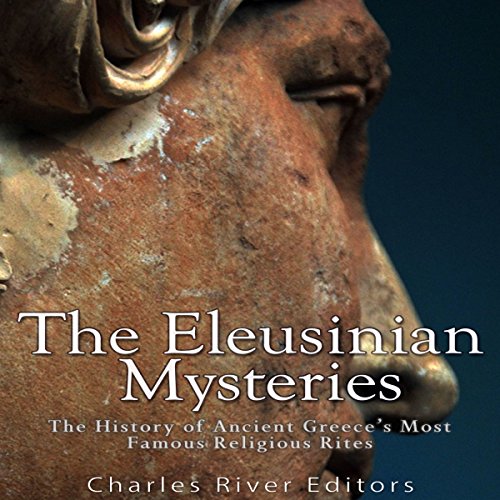Ancient Ephesus: The History and Legacy of One of Antiquity's Greatest Cities
By: Seaburn
ISBN: 9781517592721
*Includes pictures *Chronicles the history of Ephesus and profiles its most famous buildings *Includes footnotes, online resources and a bibliography for further reading *Includes a table of contents “We shall never know what magnificence is, until this imperial city is laid bare to the sun.” - Mark Twain “I have set eyes on the wall of lofty Babylon on which is a road for chariots, and the statue of Zeus by the Alpheus, and the hanging gardens, and the colossus of the Sun, and the huge labour of the high pyramids, and the vast tomb of Mausolus; but when I saw the house of Artemis that mounted to the clouds, those other marvels lost their brilliancy, and I said, ‘Lo, apart from Olympus, the Sun never looked on aught so grand.’" - Antipater Although it is no longer quite as well remembered as it was thousands of years ago, one of the most important cities in the ancient world was Ephesus, a city that dates back nearly 3,000 years and can lay claim to the Temple of Artemis, one of the Seven Wonders of the Ancient World. Moreover, while Sparta and Athens were often the centers of power in ancient Greece, Ephesus, located in present-day Turkey on the coast of Ionia, was an instrumental part of the Ionian League, which wielded power for a substantial period of time before the Classical Era. Thanks to its strategic location, Ephesus was an important city no matter who was in control of the region. In fact, while many of its most famous buildings were completed by 500 BCE, the city flourished after it became part of Rome’s domains, and the Romans respected the culture so much that they continued letting Ephesus use original coins. In turn, as the Western Roman Empire dissolved and the Eastern Roman Empire and Byzantine Empire maintained control in the area, Ephesus became an important religious center. In addition to a shrine inspired by the Virgin Mary, Ephesus was mentioned repeatedly in the Bible,













